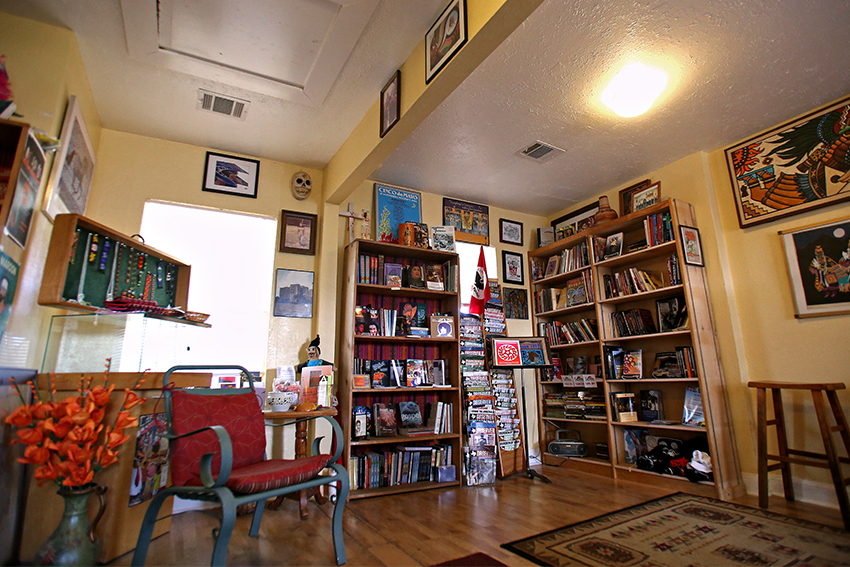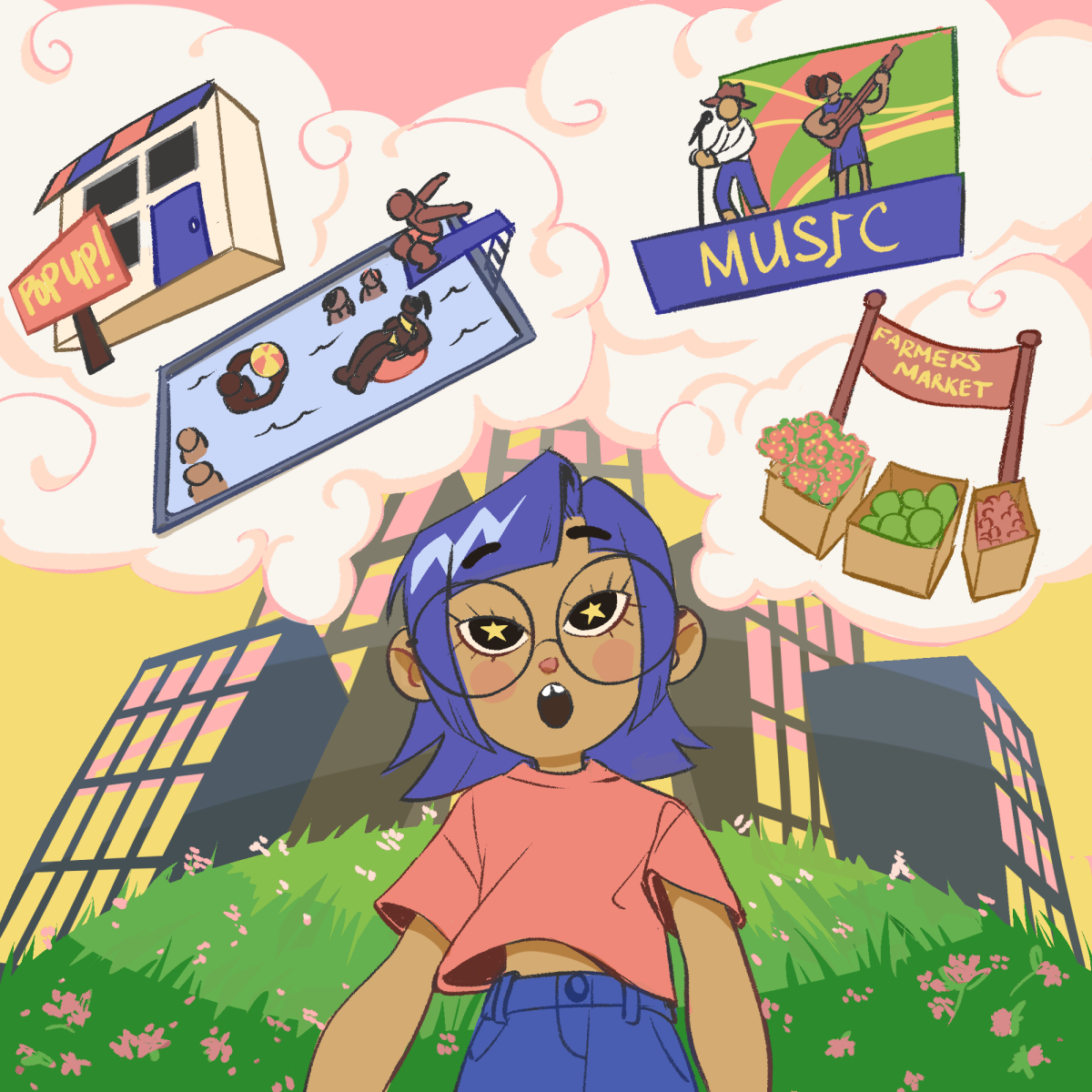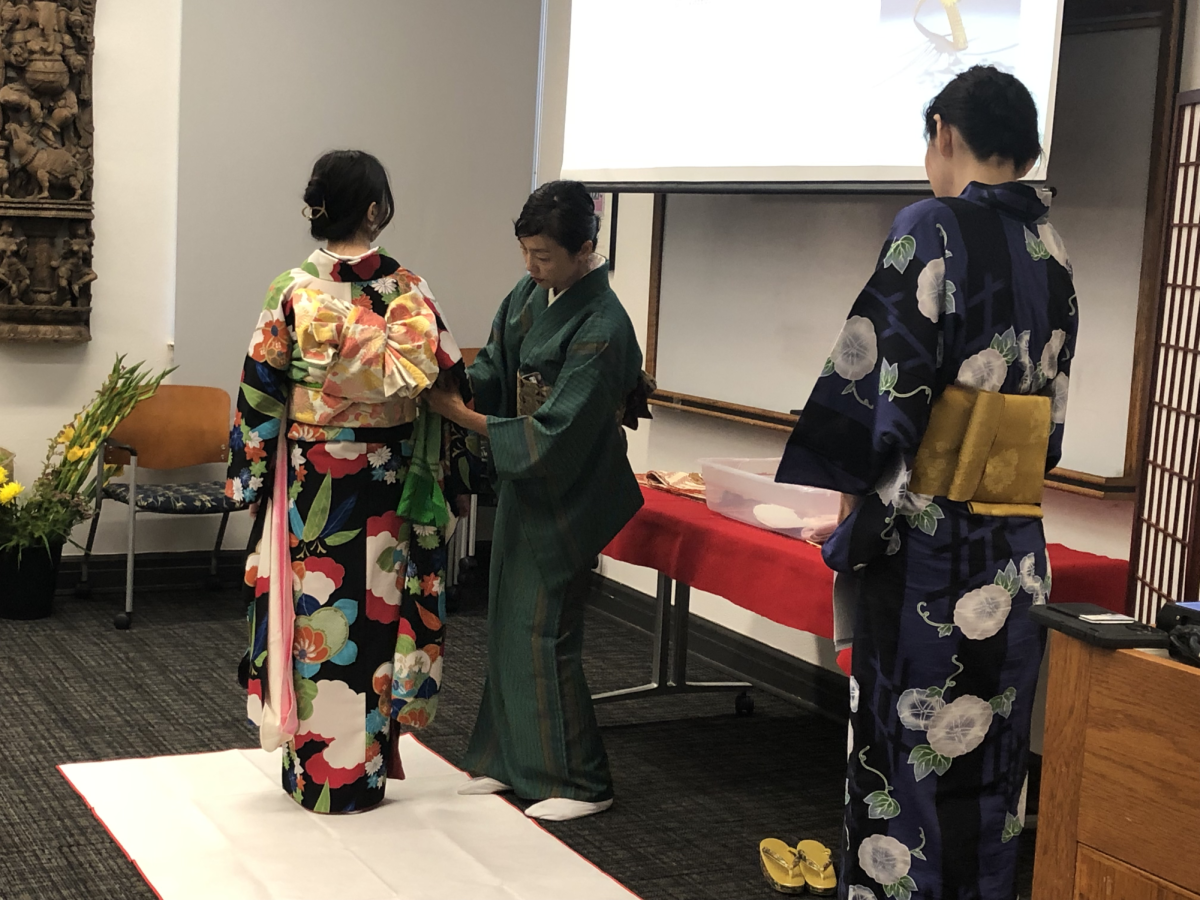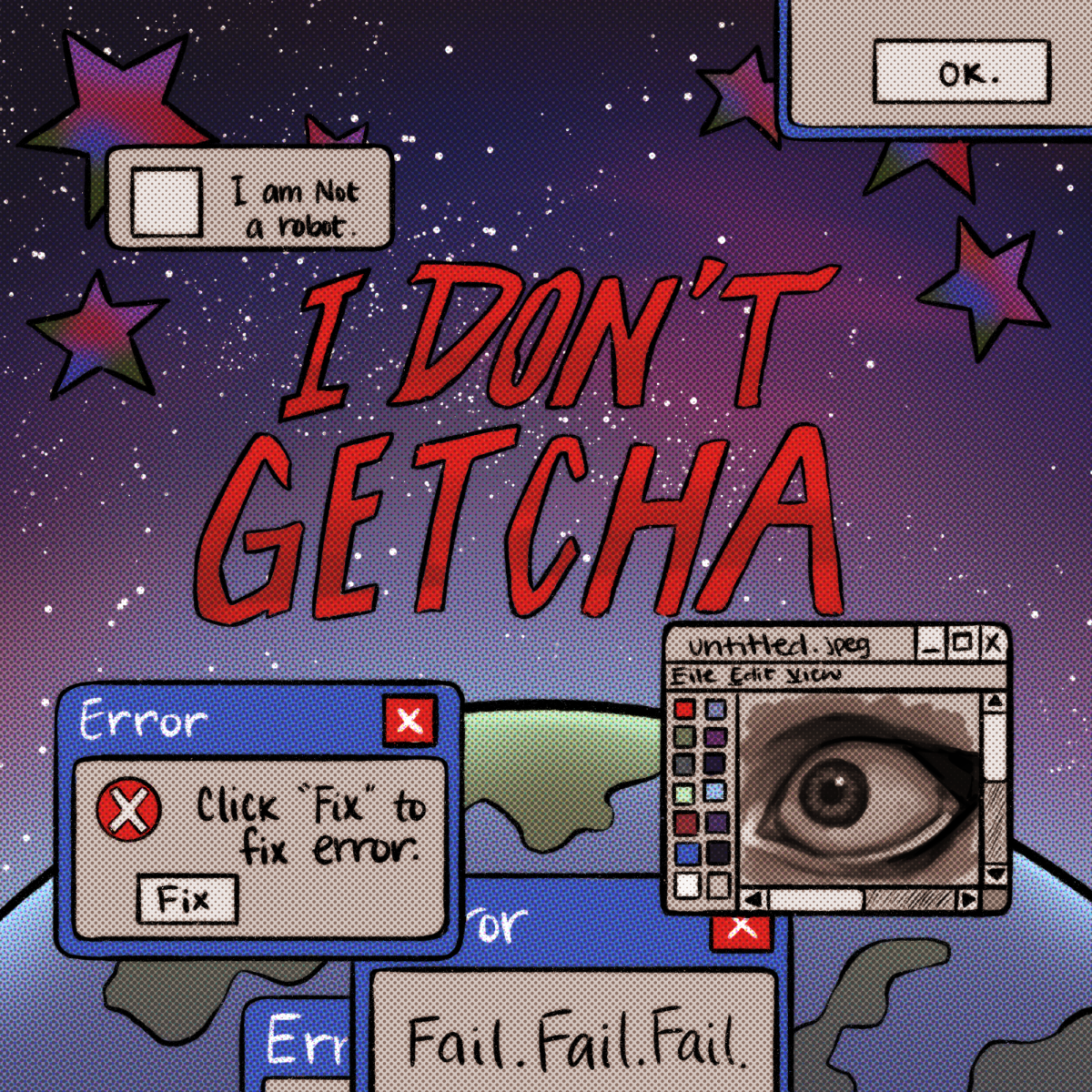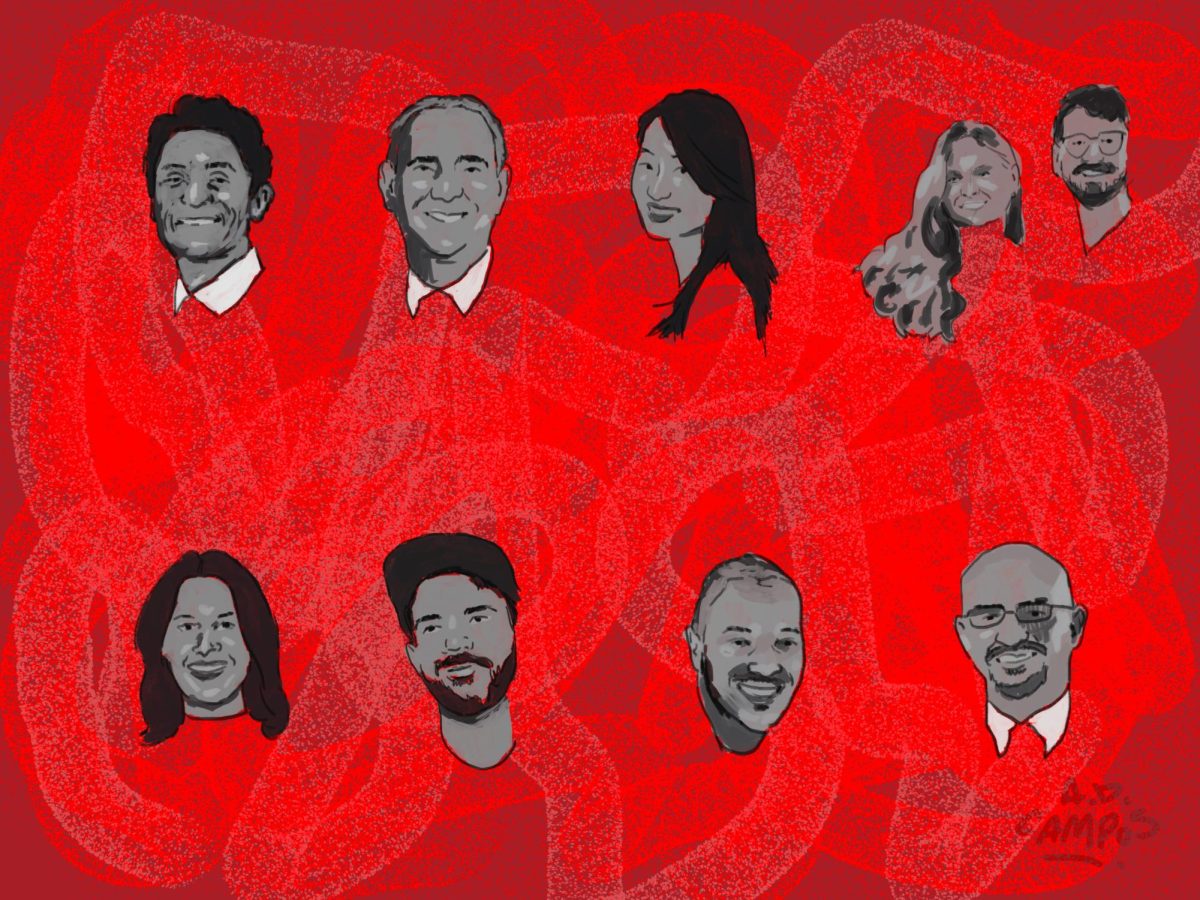When she was a freshman, UT alumna Bianca Flores frequented poetry nights at Resistencia Bookstore to hear local poets of color and share her own work. New in town, Flores found comfort and community among the shop’s bookshelves and artwork.
Today, Flores volunteers at the bookstore and uses the space for her nonprofit Mama Sana/Vibrant, a women’s health clinic.
“Resistencia played an important part because it was a space where I knew I could go to the shelf and find authors who had lived similar experiences as me and were looking at their art and their contributions to the world in a larger context of the community they represented,” Flores said. “It made me feel more confident and like I had a place where I would be supported — like a home.”
Thirty-one years ago, Raul Salinas, a poet who participated in the Native American and Chicano rights movements, founded the bookstore. Salinas was inspired to create a space in Austin that would highlight works by writers of color and allow local authors a forum to express their ideas. It is now the longest-running bookstore of its kind in the Southwest.
After Salinas passed away in 2008, Lilia Rosas, a UT alumna, said she and her business partner, Tañia Rivera made the decision to continue their mentor’s legacy.
“[We] create a space where people don’t have to struggle to see themselves,” Rosas said. “I think [it] is absolutely fundamental in not only reclaiming Austin for what it should be, but what it has been.”
For finance senior Andrés Morales Gordon, Resistencia is a refuge where queer students and students of color can explore literature while expressing their identities in a comfortable environment.
“In America today, and especially in the wake of the tragic shooting in Orlando, one doubts the safety of many spaces — like Pulse, which was one of the the only safe spaces for countless LGBT Latinxs,” Morales Gordon said. “Resistencia can be a safe space here in Austin, [a place] where you can be your true self, facing no judgement or violence, but rather love and acceptance.”
In addition to being a space for the LGBT community, Rosas said Resistencia has become a refuge for artists and writers of color.
“It’s so important to have this place [because of] all the hyper-gentrification in Austin, the displacement and disappearance of people of color,” Rosas said. “It really cuts across this myth of Austin being this really liberal place that’s open for everybody.”
As Resistencia has transformed and changed locations throughout the years, it has stuck to its principal philosophies. In 2014, the bookstore began transitioning into a meeting place for local community organizations, artists and writers to showcase their work.
“We like to think of this place as another home for people,” said Rosas. “Although I truly I believe that the home is anywhere. It’s just a question of heart, soul and presence, not just the physical location.”

